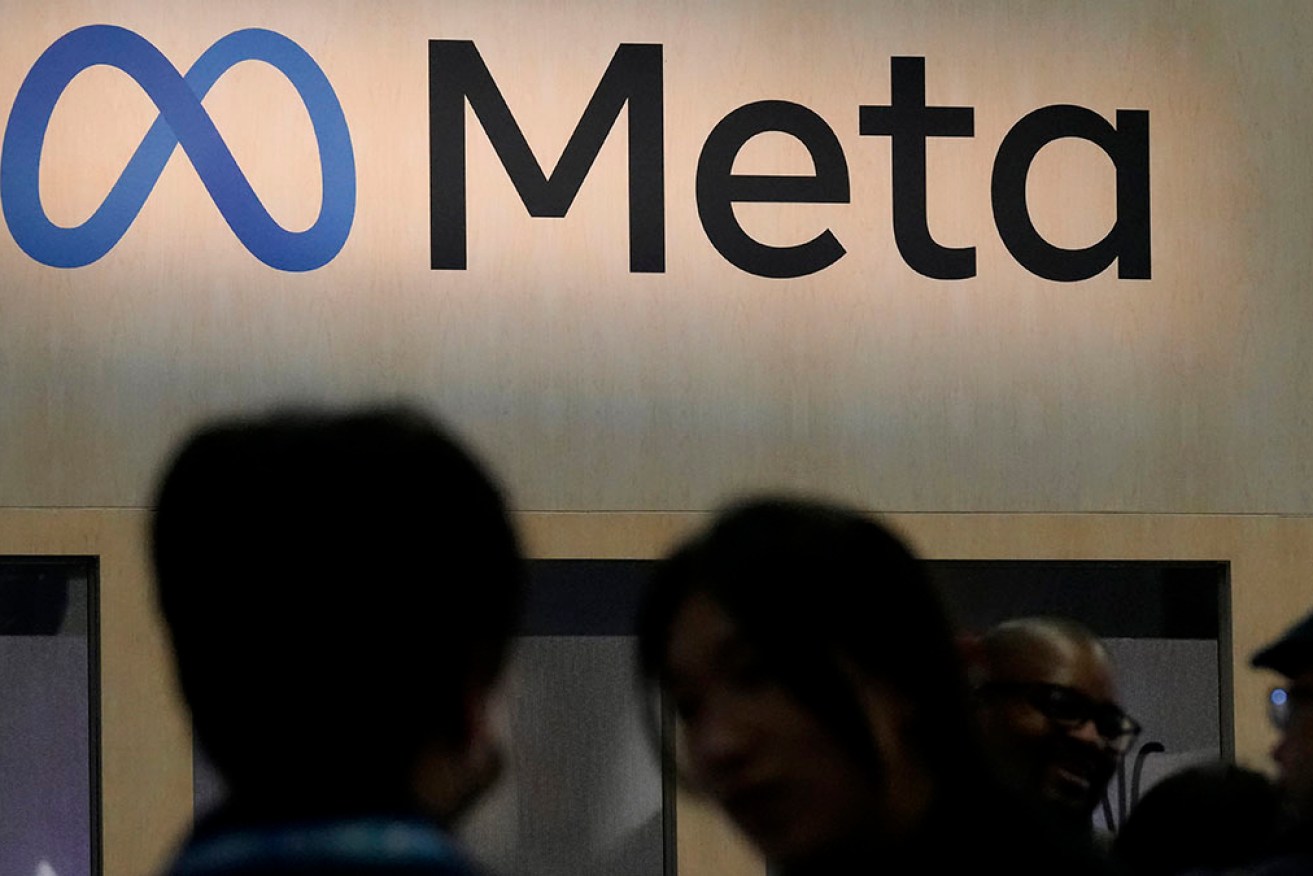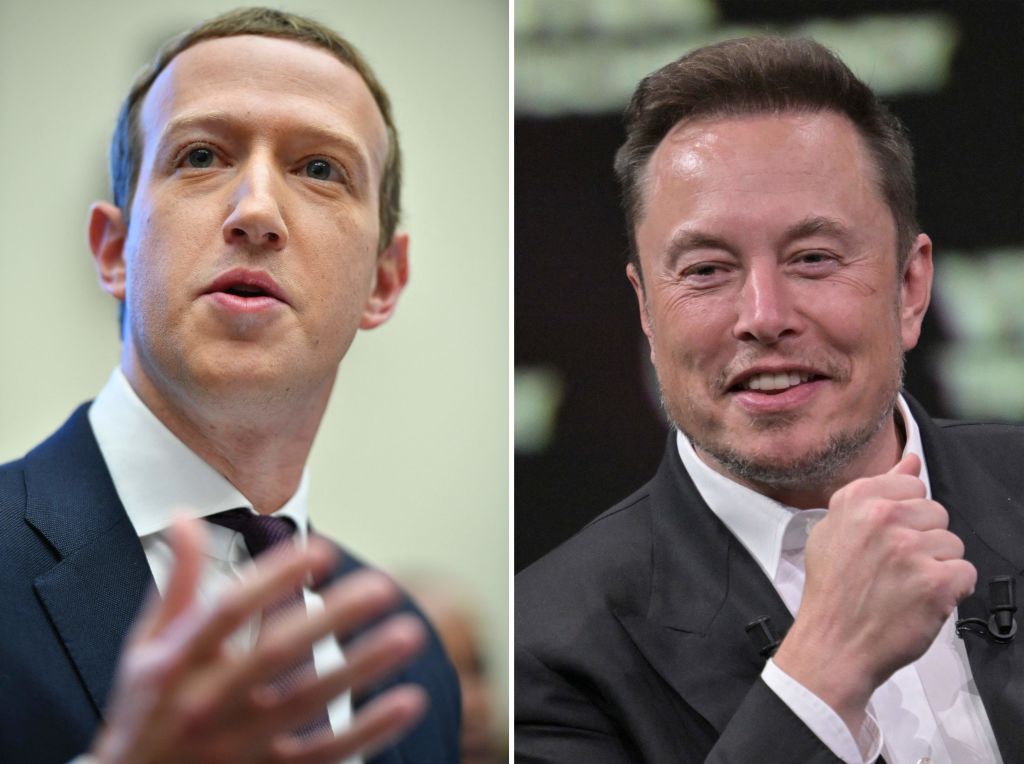Are paid subscriptions the future of social media platforms?


Meta will reduce the political content people experience on Threads and Instagram. Photo: AAP
Subscriptions are becoming increasingly common on social media platforms, but will users pay for an ad-free experience?
A ruling from a European Union’s Court of Justice has forced Meta – the parent company of Instagram and Facebook —into offering an ad-free subscription to users in the jurisdiction.
Europeans will be able to choose whether to continue using the platforms for free or pay anywhere between 10 and 13 euros a month for an ad-free experience, which mirrors a similar subscription offered by YouTube.
Dr David Tuffley, senior lecturer in applied ethics and cyber security at Griffith University, said YouTube shares many similarities with social media platforms.
“What they’re doing is what I think we will see a lot of others doing with subscription models,” he said.
“You’ll get better-quality content. You won’t see any ads. It’ll just be a better experience.”
YouTube Premium’s 80 million paid subscribers can access ad-free viewing and a music streaming service, offering a glimpse into how lucrative subscriptions can be for platforms.
Dr Milovan Savic, a research fellow at Swinburne University’s Social Innovation Research Institute, said Meta’s subscription is an experiment rather than a global phenomenon.
“The current model, which revolves around monetising users’ data, still generates more profit,” he said.
“Without governments taking the lead and introducing similar regulations elsewhere, it is unlikely that we will witness a similar approach being adopted globally in the foreseeable future.”
At the forefront
The most prevalent example of European influence in technology design is Apple dropping its propriety Lightning charger in its newer iPhone models after EU regulators decided all smartphones must use USB-C ports, but other companies – like Amazon, Google and TikTok – have also changed or redesigned their products for the EU market.

European regulators forcing Apple to change from its lightning charger to USB-C had global ramifications. Photo: Getty
Tuffley said the EU protects user data from technology companies with its General Data Protection Regulation (GDPR).
“Europeans did see what was coming and what the need was, and it’s turned out the GDPR has been a really good thing and an example for the rest of the world,” he said.
“We can expect to see them doing initiatives like this to create a better, more equitable environment.”
Facebook, Instagram and X all offer user-paid verification, while TikTok allows people to subscribe with a monthly payment to their favourite content creators.
Savic said it is too early to predict if the ad-free offering for Facebook and Instagram in Europe will have an effect in other jurisdictions.
“The acceptance and adoption rates of these new ad-free subscription plans among users will play a crucial role in determining the extent of their influence,” he said.
“We will unlikely witness a massive shift in behaviour, and I anticipate that most users will continue to rely on ad-supported ‘free’ social media.”
Digital divide
Elon Musk introduced paid verification bundled with increased features after acquiring Twitter (now X) last year, and Meta quickly adopted the idea on its platforms.

Twitter and Facebook have introduced paid verification in the past year. Photo: Getty
Twitter users immediately complained about the prevalence and increased reach of Blue subscribers, which Tuffley calls a “digital divide”.
“There’ll be people who can afford to use it and those who can’t, that’s the equity of access,” he said.
“You may not have the full range of functionality, but you can use it and it’s OK, not great.”
He said redistributing that money to content creators can create better outcomes for users and creators.
“You’ll get better content, you won’t see any ads and it’ll just be a better experience,” he said.
“We’re going to see some really interesting business models evolving out of this.”
TikTok, YouTube and X all offer revenue generation to content creators, and Savic believes the revenue-driven nature of all social media platforms will remain a central factor in their decision-making process.
“While Meta’s implementation of ad-free subscriptions is a response to EU regulations, whether this approach will expand across all users worldwide depends on the outcomes of this experiment,” he said.
“If social media platforms recognise it as an additional income stream and a more sustainable model than the current one, we may witness a more significant shift in the future.”








